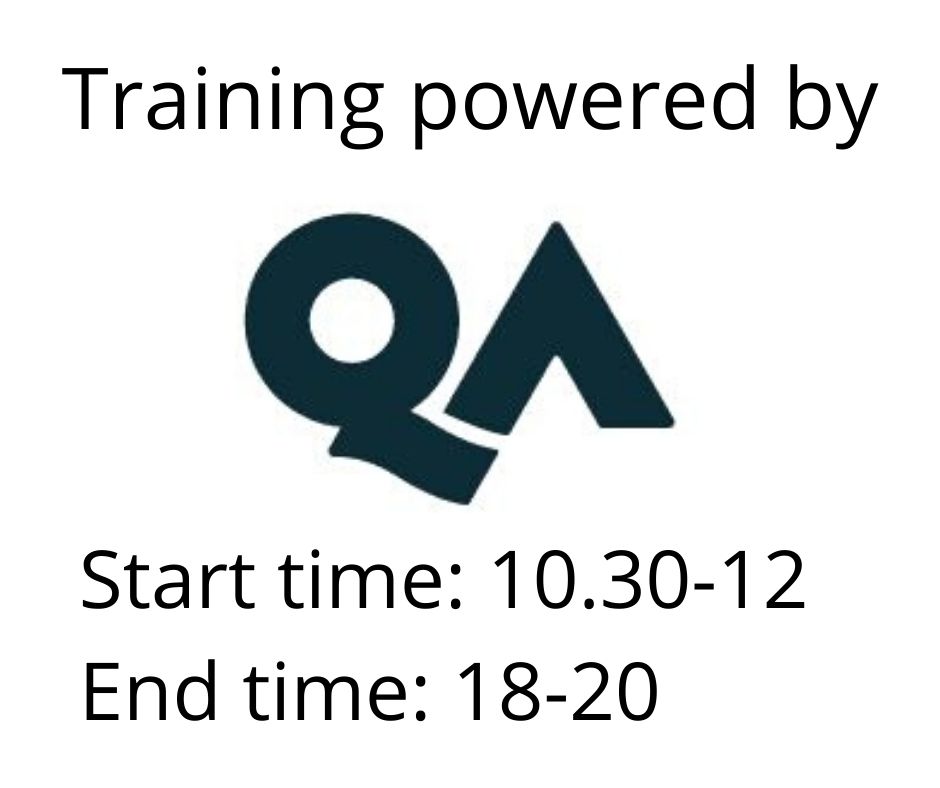Red Hat OpenShift Administration III: Scaling Deployments in the Enterprise Virtual Training
Training formats
Duration
5 days
Price
3466 €
Plan, implement, and manage OpenShift clusters at scale
Red Hat OpenShift Administration III: Scaling Kubernetes Deployments in the Enterprise (DO380) expands upon the skills required to plan, implement, and manage OpenShift® clusters in the enterprise. You will learn how to support a growing number of stakeholders, applications, and users to achieve large-scale deployments.
This course is based on Red Hat® OpenShift Container Platform 4.10.
Audience for this course
- Cluster engineers (systems administrators, cloud administrators, or cloud engineers) focused on planning, designing, and implementing production-grade OpenShift clusters. Cluster engineers require automation skills to scale their manpower to provision and manage an increasing population of clusters, applications, and users, at the same time ensuring these clusters remain in compliance with corporate standards.
- Site reliability engineers (SREs) focused on keeping OpenShift clusters and applications running without disruption. SREs are interested in troubleshooting infrastructure and application issues with OpenShift clusters and require automation skills to reduce the time to identify, diagnose, and remediate issues.
This course builds upon the essential skills required to configure and manage an OpenShift 4.x cluster, teaching the enhanced skills needed to operate production environments at scale, including:
- Automating Day 2 tasks to establish production clusters with higher performance and availability.
- Integrating OpenShift with enterprise authentication, storage, CI/CD, and GitOps systems to improve productivity of IT operations and compliance with organization’s standards.
- Troubleshooting techniques to identify issues with cluster operators and compute capacity.
Impact on the organization
This course supports IT operations teams that are in the prepare and expand stages of their Container Adoption Journey. The curriculum enables companies to innovate faster, scale based on customer demand, and proactively manage a growing number of OpenShift clusters that host cloud-native and cloud-compatible applications.
- Complete Red Hat OpenShift Administration II: Operating a Production Kubernetes Cluster (DO280) and become a Red Hat Certified Specialist in OpenShift Administration.
- Complete Red Hat System Administration II (RH134) and become a Red Hat Certified System Administrator.
- Recommended, but not required: become a Red Hat Certified Systems Engineer or a Red Hat Certified Specialist in Ansible Automation. Basic knowledge about writing and running Ansible playbooks is desired.
Please note: In order to provision you with your courseware and lab access for this course QA must share several items of basic personal information with our partner (usually your full name and email address). For more information on this please visit our QA Partner data sharing page. If you have any questions or concerns please contact your QA account manager.
Move from Kubernetes to OpenShift
Demonstrate that OpenShift is Kubernetes by deploying Kubernetes-native applications on OpenShift.
Introduce automation on OpenShift
Automate OpenShift administration tasks using bash scripts and Ansible playbooks.
Manage operators with OpenShift
Deploy Kubernetes Operators and configure OpenShift cluster operators.
Implement GitOps with Jenkins
Implement a GitOps workflow using containerized Jenkins to administer an OpenShift cluster.
Configure enterprise authentication
Integrate OpenShift with enterprise identity providers.
Configure trusted TLS certificates
Configure OpenShift with trusted TLS certificates for external access to cluster services and applications.
Configure dedicated node pools
Configure a subset of the cluster nodes for special workloads.
Configure persistent storage
Configure storage providers and storage classes to ensure cluster user access to persistent storage.
Manage cluster monitoring and metrics
Configure and manage the OpenShift monitoring stack.
Provision and inspect cluster logging
Deploy, query, and troubleshoot cluster-wide logging.
Recover failed worker nodes
Inspect, troubleshoot, and remediate worker nodes in a variety of failure scenarios.
Note: Course outline is subject to change with technology advances and as the nature of the underlying job evolves. For questions or confirmation on a specific objective or topic, contact one of our training specialists.
